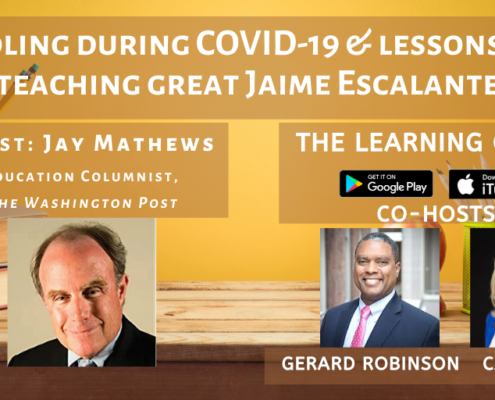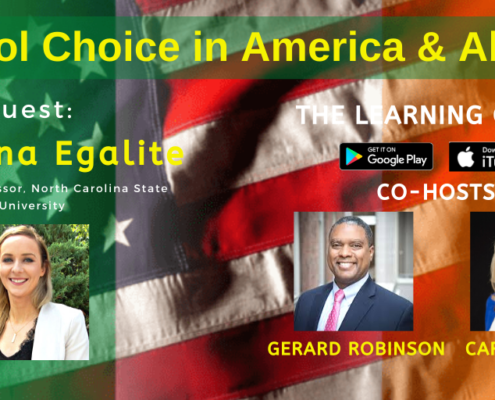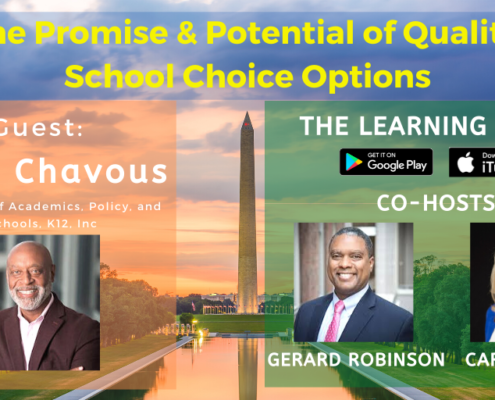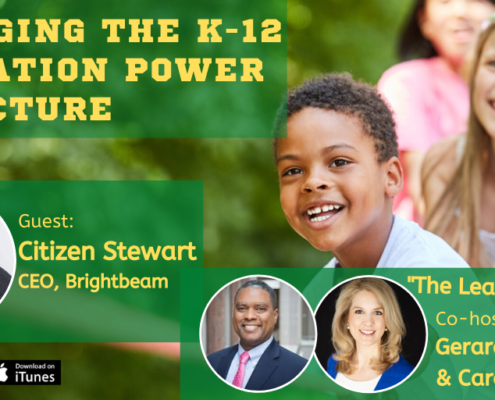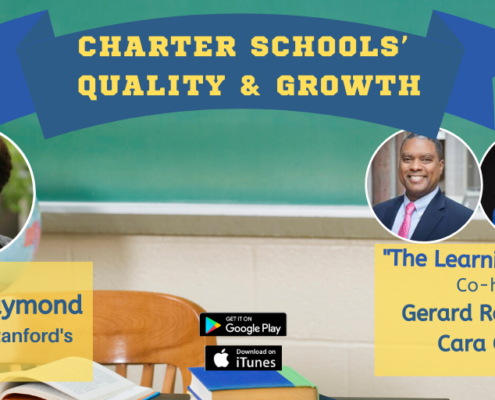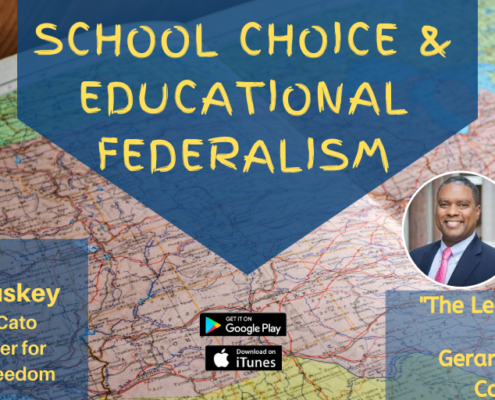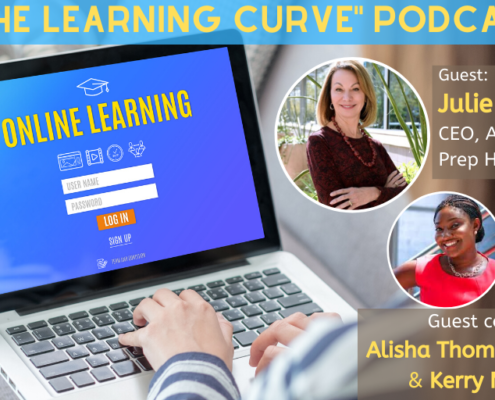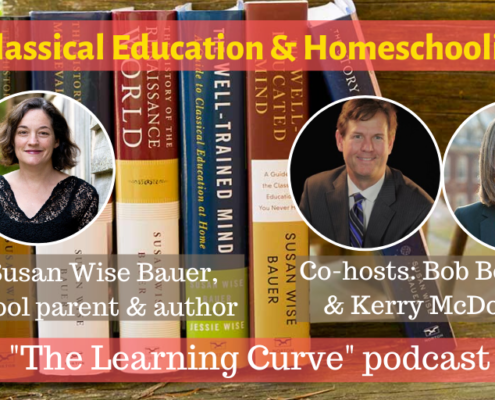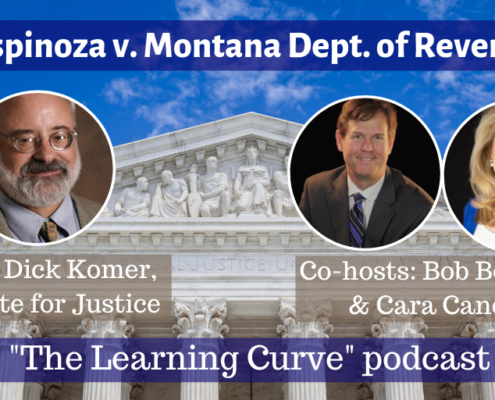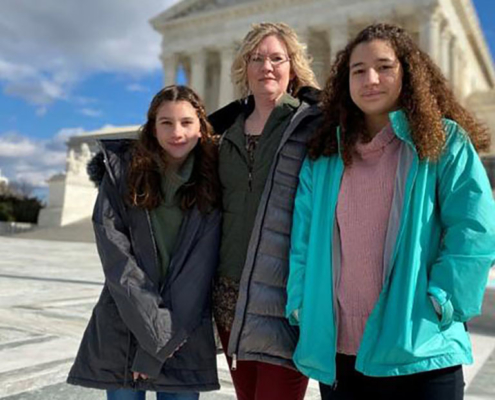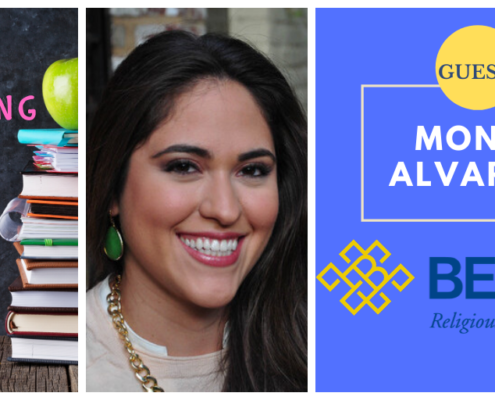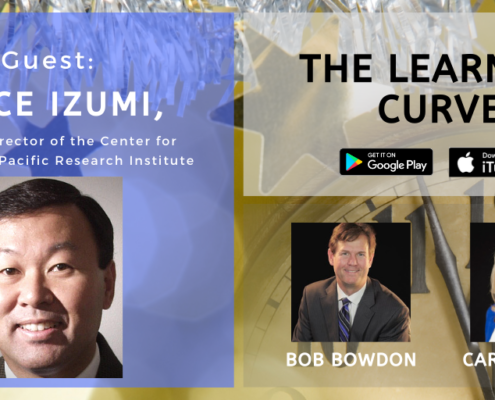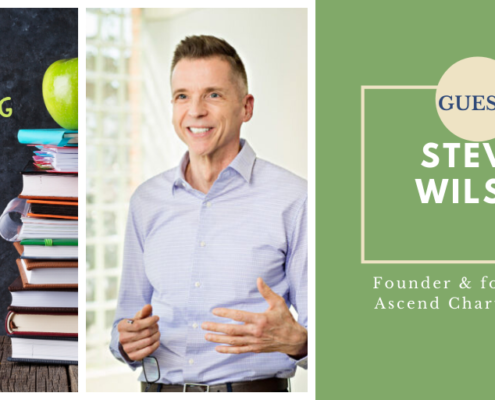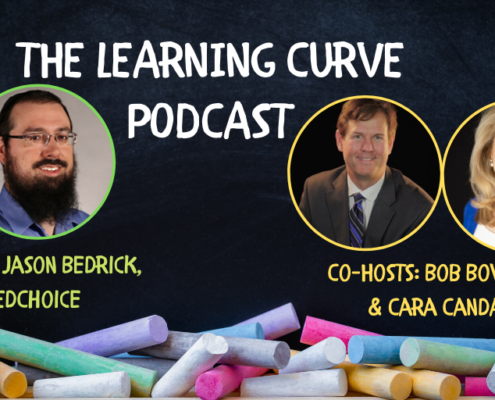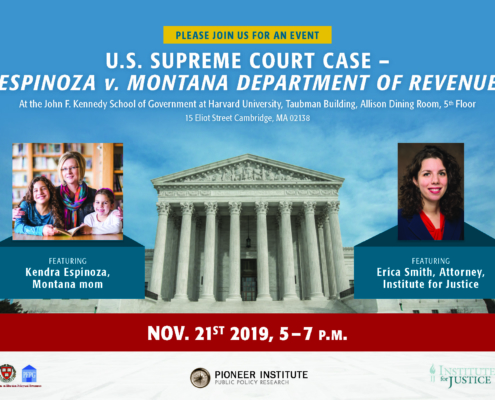Study: MA Private & Religious School Students Denied Federally Funded Special Education Services
Despite federal laws to the contrary, state education agency claims providing services at private schools would violate amendments to state constitution
BOSTON – Over the past dozen years, thousands of private and religious school students in Massachusetts have been denied hundreds of millions of dollars’ worth of special education services to which they are entitled under federal law.
According to No IDEA: How Massachusetts Blocks Federal Special Education Funding for Private and Religious School Students, a new study published by Pioneer Institute, this denial is due to the non-compliance of the state Department of Elementary and Secondary Education (DESE) with the federal Individuals with Disabilities Education Act (IDEA).
Each year, the federal government allocates billions of dollars to the states under IDEA. States then apportion money to local education agencies (LEAs), which are supposed to determine the “proportionate share” of IDEA money that should be used to provide to eligible private and religious school students with disabilities special education services. Within each LEA, the proportionate share determination is based on the total number of eligible private school students with special needs attending private and religious schools located within that LEA.
“Federal education officials under two administrations have now expressed concerns about how Massachusetts has been administering hundreds of millions of federal dollars for this program,” said Jim Stergios, executive director of Pioneer Institute. “We hope this research will drive an important public discussion about state education officials blocking federal IDEA dollars for special education students in private and religious schools.”
For the current fiscal year, Massachusetts received a total of $255.5 million in IDEA funding to apportion to the state’s LEAs. IDEA requires services to be provided onsite at the private school unless there is a compelling reason to offer them elsewhere.
The Massachusetts Department of Elementary and Secondary Education has asserted that state and locally funded special education services to private school students are more generous than those which are provided to them under IDEA. In making this assertion, DESE has found cover to argue that the special education needs of private school students in the state are adequately being met but that the provision of these services onsite at private schools would violate the anti-aid amendments to the state constitution that prohibit public aid to private schools.
Having made this argument, DESE has, in effect, turned a blind eye to the requirements of federal law, and the practical result is that private and religious school students with disabilities have not had reasonable access to the special education services that federal civil rights law IDEA affords to them. Private and religious school students who are entitled to IDEA-funded special education services have no real option other than going to a public school in the town wherein they reside to receive those services.
The authors use the example of a student living in Sharon who attends a private school in Brookline. The student would have to travel to receive services, meaning s/he would miss considerable school time and parents would have to take significant time off from work to transport the student.
“In reality, private and religious school parents face a choice between foregoing needed services to which their children are entitled by federal law or paying for them out of pocket,” said Fr. Tom Olson, a co-author.
In 2007, the Parents Alliance for Catholic Education and the Bureau of Jewish Education of Greater Boston proposed amending state special education regulations to allow private and religious school students to receive services at their schools. To avoid running afoul of the anti-aid amendments, they defined a “neutral location” as “any room or space on the grounds of private schools that are devoid of any religious symbolism.” They even went so far as to propose that the rooms be used exclusively for special education, but the Commonwealth still rejected the proposal.
A coalition of Catholic and Jewish schools conducted meetings with senior DESE officials over a two-year period, but those meetings yielded no change.
In 2017, a broader private school coalition filed a series of complaints with DESE’s Problem Resolution System (PRS). The complaints demonstrated that as many as 16 percent of private school students may have qualified for federally funded special education services, but that only about one percent were actually receiving them. Nonetheless, PRS proposed no effective remedy.
Last fall the coalition appealed to the U.S. Secretary of Education, claiming that over 12 years, between $96 million and $290 million of IDEA funds allocated to Massachusetts LEAs should have been used to serve private school students.
Co-authors Fr. Tom Olson, Stephen Perla, Michael Sentance, and William Donovan recommend that LEAs should be directed to spend IDEA money onsite at private schools unless there is a compelling reason not to. If there is, then private school students should be provided with publicly funded transportation to receive services.
The co-authors also call for a private school special education ombudsman to address the systemic issues raised in the private school complaints and for DESE to implement additional requirements to increase transparency around the expenditure of IDEA money earmarked for private school students.
The authors attempted to interview DESE officials for this research paper, but state officials refused.
About the Authors
Father Tom Olson is a priest of the Archdiocese of Boston who is currently assigned as Parochial Vicar of Gate of Heaven and St. Brigid Parishes in South Boston.
Stephen Perla is Superintendent of Catholic Schools in the Diocese of Fall River.
Michael Sentance has served as Massachusetts secretary of education, state superintendent of education in Alabama, and as a senior official in the U.S. Department of Education.
William Donovan is a former staff writer with the Providence Journal in Rhode Island where he wrote about business and government.
About Pioneer
Pioneer Institute is an independent, non-partisan, privately funded research organization that seeks to improve the quality of life in Massachusetts through civic discourse and intellectually rigorous, data-driven public policy solutions based on free market principles, individual liberty and responsibility, and the ideal of effective, limited and accountable government.
Get Updates on Our School Choice Research
Related Posts




